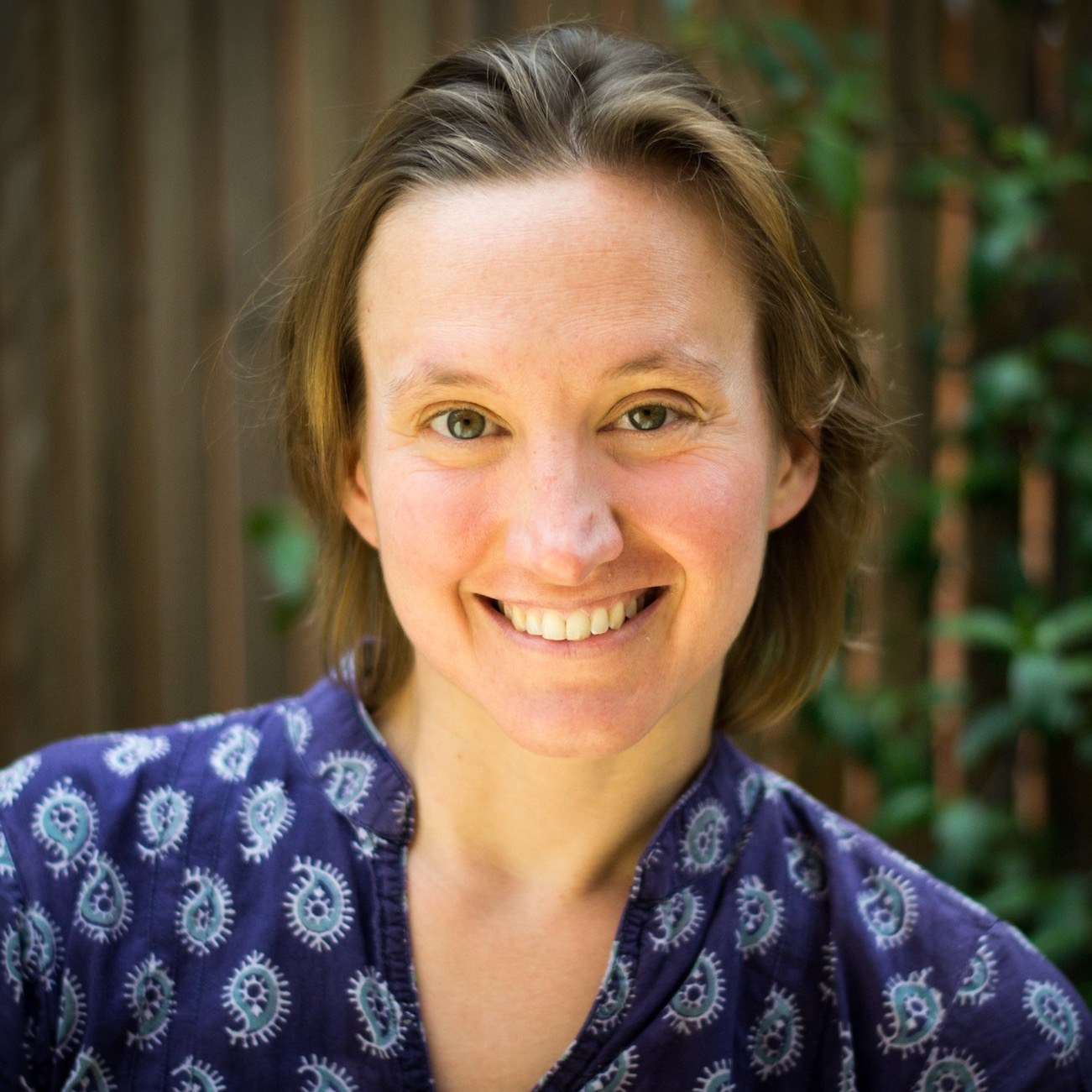The power of environmental economics
By Sophie Thomas
Environmental economist, Dr Leslie Martin, has been awarded a prestigious Discovery Early Career Researcher Award (DECRA) from the Australian Research Council (ARC) to investigate the environmental impact of the growing number of Special Economic Zones around the world. Here she discusses what drives her to undertake research and plans for the future.
Can you tell us about the project that you’ve been awarded the DECRA for?
There are over 3,000 Special Economic Zones (SEZ) in 135 countries around the world; the number is growing. Created to attract domestic and foreign investment, these industrial clusters often receive favourable tax treatments and priority access to transportation, energy, and communication infrastructure. They offer positive spill-overs from the co-location of producers in these zones.

Economists have started studying the extent to which these zones attract investment and increase overall productivity. Although reports sometimes acknowledge that there may be environmental impacts, there has not yet been any research into how large the effects may be, or whether they are positive or negative.
My proposed research is a first attempt to fill that gap. We will bring together satellite data on air quality, firm-level manufacturing data on industrial activity, and health records to study the reallocation of manufacturing output in China, India, and Colombia, and the extent to which SEZs worsen or mitigate local and global pollution associated with manufacturing.
Why do you think the ARC chose to fund your research?
As is clear from the coral decline in the Great Barrier Reef, Australia is directly impacted by global emissions and environmental degradation, despite only producing 1.2 per cent of the world’s emissions.
Countries like Australia are supporting Special Economic Zones by outsourcing manufacturing and importing goods from these areas. Understanding the implications of this relatively new industrial landscape is, therefore, a global responsibility.
Australia has a population of 24 million, but we punch above our weight when it comes to global influence. This research will hopefully help us inform global policy in an important way.
What are you most excited about when it comes to being awarded a DECRA?
I’m really excited to be able to prioritise this project. As an academic, you often have a lot on your plate so it’s great to be able to focus on one thing.
Receiving the DECRA will also allow me to hire some great research assistants. I really enjoy working with students, particularly supervising Honours and Masters students. Having the research money to work with them on this project is going to be very rewarding.

Another research area you focus on is autonomous vehicles – can you tell us more?
I’ve been doing research into traffic congestion and the potential to use prices to ration road use, focusing on concerns that the burden of these fees will primarily fall upon low-income households. It’s a work in progress, but we are optimistic about some of the options available to policymakers.
There is a global discussion around autonomous vehicles and how they are set to change our lives. Think of the convenience of your car being able to take your child to school, or parking itself after you arrive at work.
From what I see, many of the benefits of driverless vehicles will take a long time to materialise – only really appearing when no humans are driving.
However, some of the costs are likely to kick in straight away, because autonomous vehicles lower the private cost of sitting in traffic, we may see many more vehicles on the road during peak times. This is already evident from the uptake of Uber. It has pulled people off public transport and put them on the road – contributing significantly to congestion.
With autonomous vehicles, commutes are likely to become much more pleasant for households that can afford the technology, and much less pleasant for those who can’t.
Our policies need to take these potential effects into account.

How did you get into environmental economics?
Although I grew up mainly in the US, I spent part of each year with my grandmother in rural France, in a beautiful part of the country. While I was there I was outdoors all the time. One of my main social activities is to go hiking with friends. It's one of the things I most enjoy doing.
I think being outdoors, experiencing areas of stunning or subdued natural beauty, is what gets people into environmental economics. Hiking gives you an appreciation for the natural world and a drive to protect it.
The number of environmental economists that hike is crazy! It’s not a coincidence that our next annual conference is being held in the Sierra Mountains (Lake Tahoe).
That’s also part of the reason I moved to the University of Melbourne – Australians are quite environmentally-minded. They grow up around nature and have a natural appreciation for a pristine environment.
What drives you to keep researching environmental economics when the rhetoric around climate change is often quite negative?
I’m not cynical when it comes to our ability to protect the environment.
Environmental economics provides a toolset that allows my colleagues and me to figure out the right balance of environmental and other goals, and to help identify ways to protect the environment effectively – that’s exciting work to be involved in.